Why Organic Cotton?
Organic cotton is grown without synthetic chemicals, such as growth regulators, defoliants, or fertilizers used in the synthetic production of cotton. In addition to using organic fertilizers and pesticides in producing organic cotton, the entire farming process is meticulously planned to avoid using inorganic components. A general rule of thumb is that organic cotton is grown using methods and materials that are non-toxic to the environment, with organic production systems replenishing and maintaining soil fertility, reducing synthetic pesticides and fertilizers, and creating an agricultural system that is biologically diverse. It is important to note that organic cotton production uses “natural” chemicals such as sulfur dust and other biological control agents to manage pests, and organic acid-based foliar sprays such as citric acid and nitrogen and zinc sulfate are used to prepare the crop for harvest. It should be noted that biotech cotton containing But genes or other artificially introduced genes cannot be used to produce organic cotton – since the technique is considered synthetic rather than natural.
Most important question is why organic cotton is better than conventional cotton. Organic cotton is better than conventional cotton for the following reasons:
- The image of organic cotton is one of white, fluffy purity, and many people associate cotton with natural, pure fabrics. One of the most widely traded commodities on earth, organic cotton is a wonderfully versatile and globally important fiber used in various fiber and food products. Among the qualities that make organic cotton popular are its versatility, softness, breathability, absorbency, year-round comfort, performance, and durability.
- Organic Cotton breathes and helps remove body moisture by absorbing it and wicking it away from the skin due to its unique fiber structure that can absorb up to 2.7 times its own weight in water.
- Globally, cotton is one of the most heavily sprayed field crops, accounting for more than 10 percent of pesticide use and nearly 23 percent of agricultural insecticide sales. According to a Pesticide Action Network statistic, cotton t-shirts take a fourth of a pound of chemicals to make, and jeans require two-thirds. Unlike conventional cotton, organic cotton does not contain harmful chemicals.
- When Doug Murray, Ph.D., a professor of sociology at Colorado State University, studied pesticide use on cotton overseas, he found that cotton was the most hazardous crop to be treated with pesticides. In the production of organic cotton, no hazardous chemicals are used.
- Overuse of chemicals has alarming effects on the environment and human health. It has been reported that pesticides and fertilizers used on cotton have contaminated ground and surface water, as well as contaminated drinking water. Methemoglobinemia, or “blue baby syndrome,” is caused by high levels of nitrates from nitrogen fertilizer in drinking water. However, organic cotton does not pose such a problem as conventional cotton does.
- The amount of volatile organic compound (VOC) emissions from cotton pesticides exceeds eleven million pounds in California, making it the state’s largest source of VOC emissions. Among California’s pesticide-related illnesses, cotton ranks third. Wildlife can suffer devastating effects from pesticide use on cotton. There are currently 13 pesticides registered for use on cotton that have been documented to cause die offs in migratory birds. In contrast to conventional cotton, organic cotton does not pose as much of a problem as conventional cotton does.
We can conclude that organic cotton has numerous advantages over conventional cotton by discussing the above reasons. So we can say, organic cotton is better than conventional cotton.
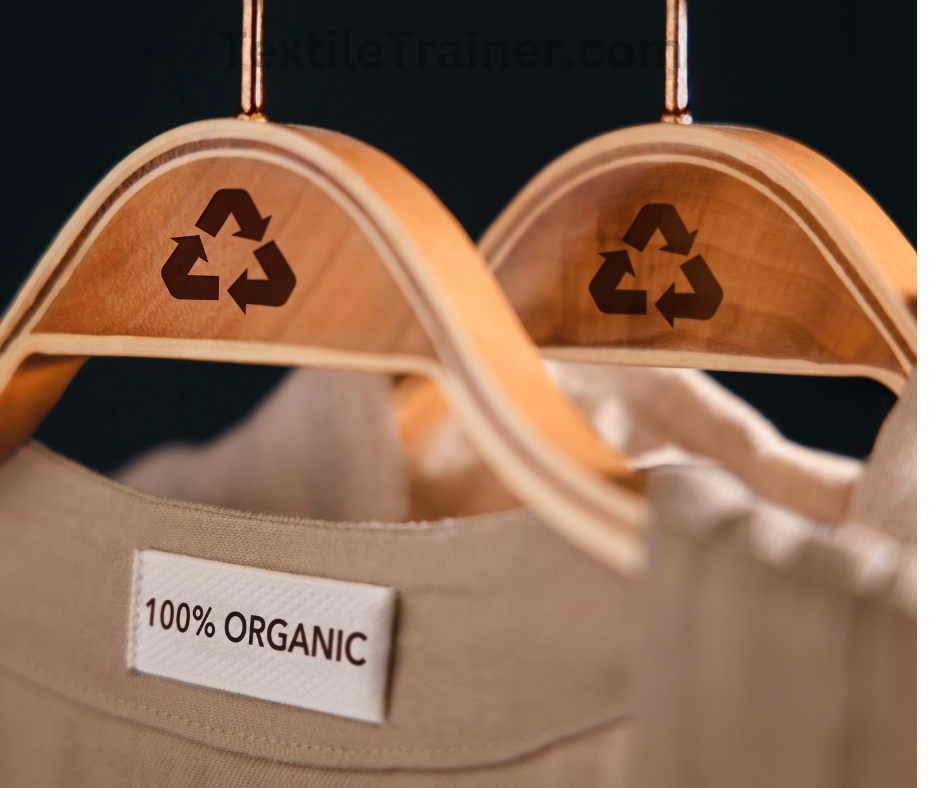
Here are 5 reasons why organic cotton is more sustainable:
1. Synthetic pesticides are eliminated:
Pests and diseases can be controlled naturally by organic farmers by rotating crops. In non-organic farming, hazardous synthetic pesticides can damage ecosystems, poison waterways, and endanger workers without the safety equipment they need to protect themselves. Approximately 16% of all insecticides sold worldwide are used on conventional cotton alone.
2. GM companies have no control over farmers:
Organic farmers need to know that genetically modified (GM) seeds aren’t allowed, which means they don’t have to depend on a handful of GM seed companies. In place of that, they save their seeds year after year and work with nature sustainably and long-term. You can read our report on GM cotton in India called ‘Failed Promises’ for more information about the rise and fall of the GM cotton industry.
3. Ensures farmers’ food security:
To maintain a healthy balance on their farms, organic farmers always grow other crops alongside their cotton to keep their soils healthy, encourage wildlife, and protect their topsoil. For cotton farmers and their communities, these crops can provide a more stable, accessible, abundant, and diverse food supply while also providing another source of income for farmers and their families.
4. Protects and saves water:
There are many benefits of organic cotton over conventionally produced cotton regarding water conservation. The main advantage of organic farming is that it creates healthy soils, which have a sponge-like effect, soaking up water during floods and retaining it for more extended periods during droughts. In organic farming, dangerous synthetic pesticides and fertilizers are banned, which means that rivers, lakes, and drinking water are also kept cleaner as a result.
5. Climate change combat:
In order to grow cotton, organic farmers use natural methods rather than fossil-fuel-based fertilizers such as urea. As a result of working with nature, farmers can build healthy soils that store carbon from the atmosphere and assist in combating climate change. If you want to learn more about how organic cotton can make a positive difference to our planet, look at our Cool Cotton report.
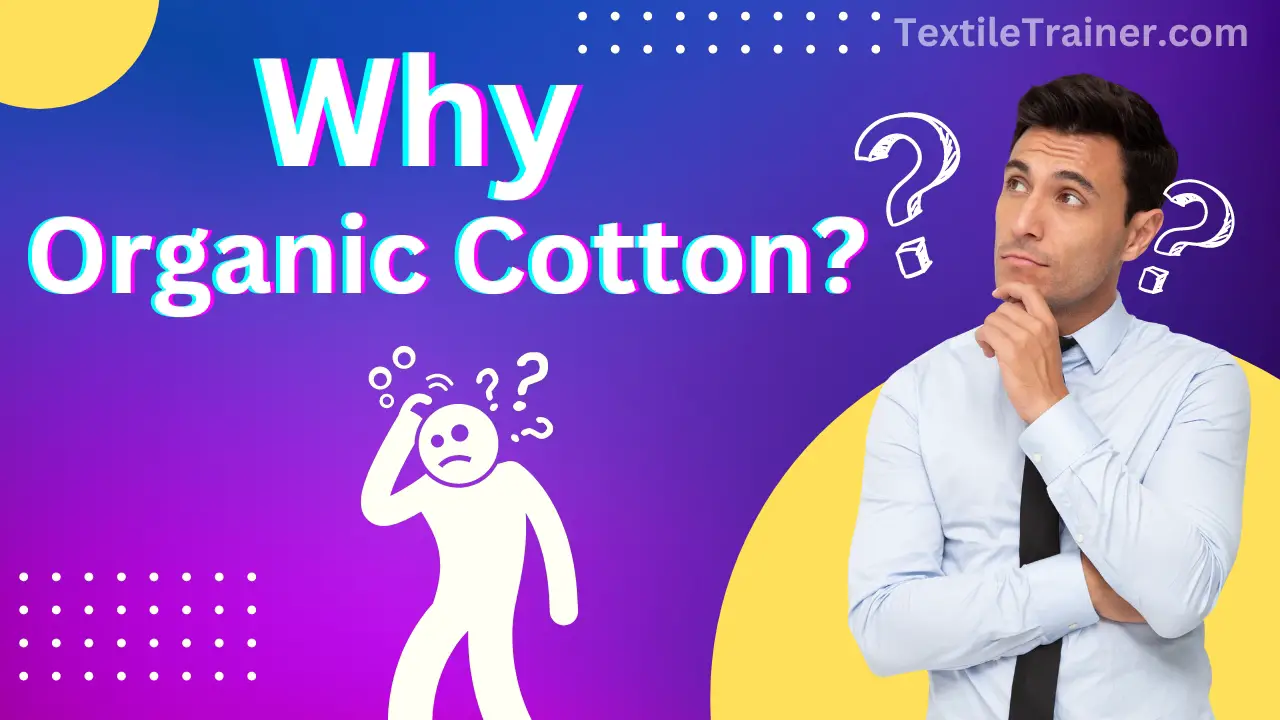
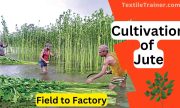
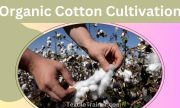
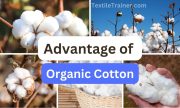



of course like your web-site but you need to check the spelling on several of your posts. A number of them are rife with spelling problems and I find it very bothersome to tell the truth nevertheless I will surely come back again.
thanks for your suggestion…